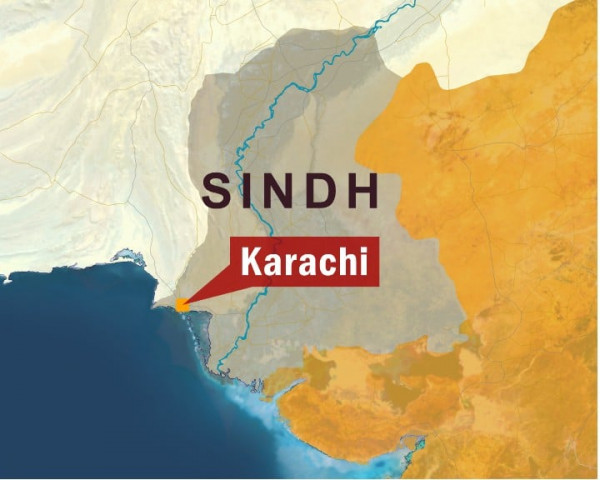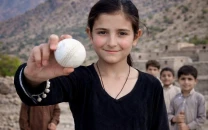Pakistan has lowest number of breastfed babies in South Asia

The country has the highest number of bottle feeding cases in the region, speakers added. Although 96 per cent of the mothers start breastfeeding their children at birth, only 73 per cent continue the practice for the next six months.
“Around 59 per cent of the mothers who breastfeed also start giving [their babies] water, ghutti and other drinks,” said child specialist Dr Durre Samin Akram, who added that a large number of babies contract serious infections, including diarrhoea, that ultimately result in severe malnutrition.
The Millenium Develop-ment Goals (MDG) 2015 of halving the prevalence rate among underweight children will require “an accelerated and concerted action” to scale up nutrition at the key stages of a child’s life, said Akram. She added that nutrition must become a top priority for which the government, health services and society must play a part in getting mothers to breastfeed their babies.
Exclusive breastfeeding during the first six months of an infant’s life is essential for the baby’s survival. It provides a child with all the nutrients it needs for healthy growth and development. It is also one of the most cost effective public health investments, said Dr Yasmeen Sultana, who felt the practice deserved support from the government.
A number of simple and cost effective interventions can improve a baby’s nutritional status, said Dr Gulrukh Nensey. Optimal child-feeding practices, including exclusive breastfeeding for six months, development of nutritious complementary foods and supplements for infants older than six months as well as a continuation of breastfeeding children at least up to two years of age is essential for babies, she added.
Health workers must be trained to implement this policy and should inform all pregnant women about the benefits and management of breastfeeding, she said, adding that mothers should be helped to initiate breast-feeding within half an hour of a child’s birth. They should also be shown how to maintain lactation even if they should be separated from their infants, who must not be given food or drink other than breast milk unless medically indicated, said Nensey.
The use of artificial teats or pacifiers must be discouraged and mothers should be referred to breastfeeding support groups when they are discharged from hospitals or clinics, Nensey urged.
The seminar, which was organised by the Nutrition Resource Centre of Health, Education and Literacy Programme, was attended by more than 150 nursing students at the CHK.
Published in The Express Tribune August 7th, 2010.



















COMMENTS
Comments are moderated and generally will be posted if they are on-topic and not abusive.
For more information, please see our Comments FAQ